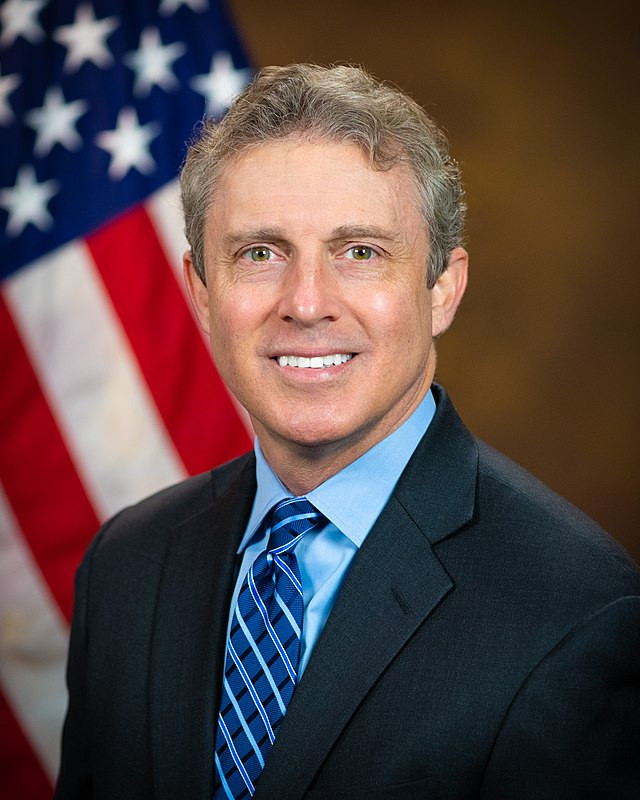A federal judge in Washington ruled on Saturday that Hampton Dellinger, the head of the Office of Special Counsel, must remain in his position, rejecting President Donald Trump's attempt to remove him from office. The decision sets the stage for a legal battle likely headed to the Supreme Court, as the Justice Department quickly appealed.
U.S. District Judge Amy Berman Jackson sided with Dellinger, who sued last month after Trump fired him, despite federal law stating that special counsels can only be removed for inefficiency, neglect of duty, or malfeasance. The ruling marks a significant challenge to Trump's efforts to reshape executive agencies, particularly those overseeing whistleblower protections and ethics enforcement.
Jackson dismissed the Trump administration's argument that the president has unrestricted authority to dismiss the head of an independent federal watchdog agency. She wrote, "The Special Counsel is supposed to withstand the winds of political change and help ensure that no government servant of either party becomes the subject of prohibited employment practices or faces reprisals for calling out wrongdoing."
Dellinger, who was appointed by President Joe Biden and confirmed to a five-year term in 2024, welcomed the ruling. "I'm glad and grateful to see the court confirm the importance and legality of the job protections Congress afforded my position," he said in a statement. "My efforts to protect federal employees generally, and whistleblowers in particular, from unlawful treatment will continue."
The Office of Special Counsel (OSC), distinct from the Justice Department's special counsels overseeing criminal investigations, investigates whistleblower complaints, protects federal employees from retaliation, and enforces the Hatch Act, which limits political activities by government workers.
Trump's Justice Department filed an immediate appeal with the D.C. Circuit Court of Appeals, arguing that the ruling violates the president's authority over the executive branch. Acting Solicitor General Sarah Harris said in court filings that Jackson's decision "crosses a constitutional red line" and undermines Trump's ability to "shape the agenda of an executive-branch agency in the new administration's critical first days."
The ruling also comes amid a broader legal battle over Trump's ability to remove officials at independent federal agencies, an issue that could significantly reshape executive power. Jackson's ruling eliminates procedural hurdles that had previously delayed the case, making it more likely the Supreme Court will weigh in on the matter.
The case has already been before the Supreme Court once, when five justices declined to rule on the issue earlier this month. The high court allowed Dellinger to remain in his post temporarily while the lower courts considered his lawsuit. The new Justice Department appeal could force the justices to issue a definitive ruling on whether a president can fire the head of an independent agency without cause.
Dellinger's tenure has been marked by high-profile cases involving federal whistleblowers and alleged illegal personnel actions under Trump's administration. His office is currently reviewing the termination of probationary federal workers, which Dellinger claims may have violated federal employment protections.






